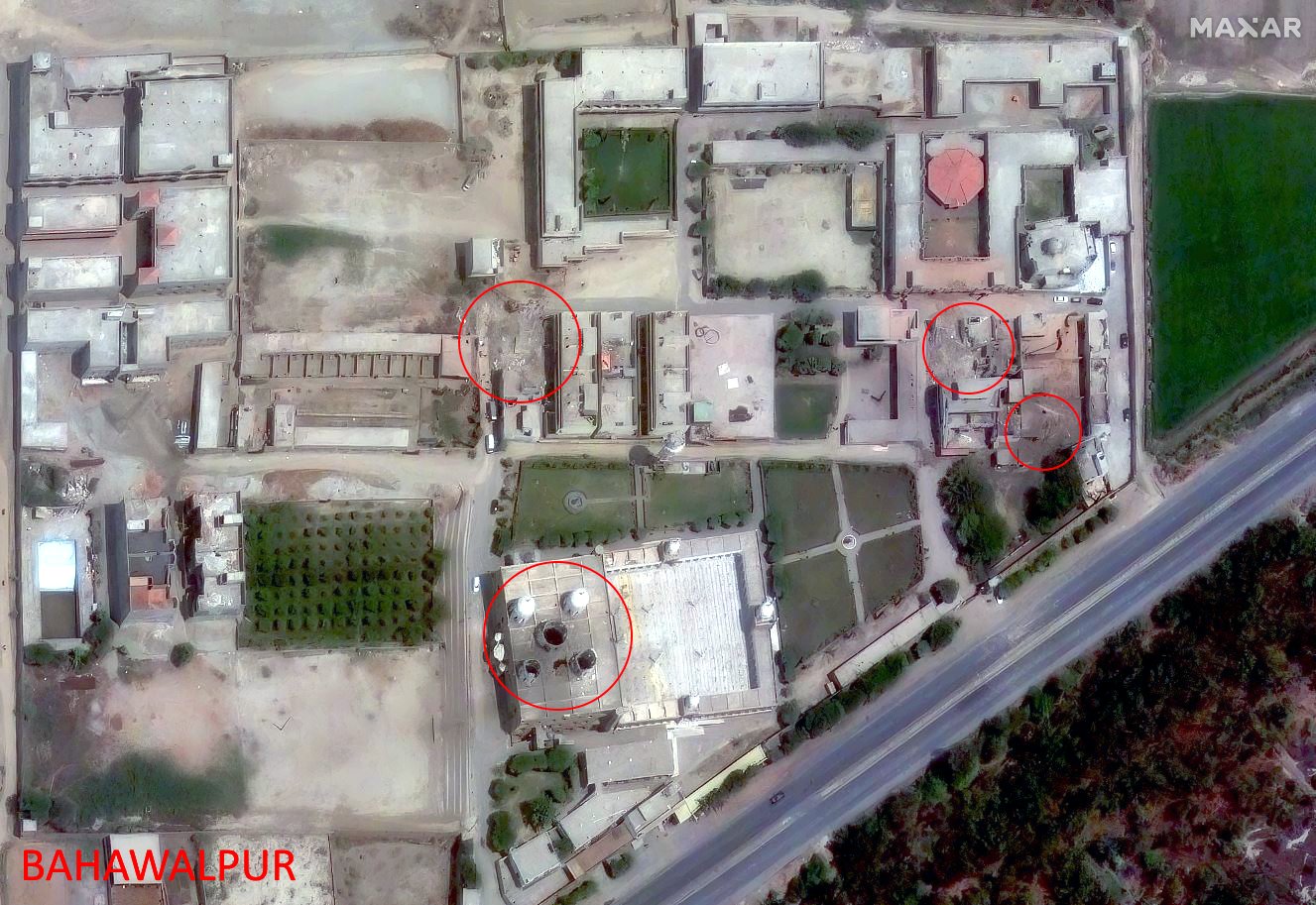Dear Express Reader, The murder of don-politician Atiq Ahmed and his brother, Ashraf, in police custody, at point blank range, live on camera, by three assailants, in Prayagraj on Saturday, is the chilling new twist in a brutish crime drama. No uplifting triumph of law, no eventual redemption, seems visible or possible at the end of this story. Earlier, on Thursday, the police "encounter" of Atiq's son Asad Ahmed and an aide in Jhansi, had become Encounter No 183 on the watch of the six-year-old Yogi Adityanath government in UP. It was also the third police encounter in the Umesh Pal murder case, and the third in the first 13 days of April. With the killing of Atiq and Ashraf, six of the accused in the case have been killed so far - four by the police in encounters and two, by assailants, in police custody. In the wake of this Saturday after that Thursday, there are urgent questions. If two men under police protection can be murdered so brazenly, who is safe, and what does it say about the Yogi government's tall claims about UP's law and order machinery? What kind of a police force shoots to kill and maim, again and again, in cold blood, cocking a snook at the criminal justice system it is part of, and due process? How is it that a police force that showed itself so trigger-happy on Thursday did not fire a single bullet on Saturday? But there is a larger political context which could decide whether or not, and in what manner, the above questions will be framed in UP. It could determine whether these questions will be overtaken by a political narrative that wreaks a disquieting inversion: In which the killings, both by the police and by others as the police stood by, are seen not as the problem, but as part of the solution. The background to this Thursday and Saturday is made of the fact that Chief Minister Yogi Adityanath has repeatedly and forcefully commended the lengthening list of encounters by UP Police. He has sought to normalise them in a "thok denge (we'll knock them down)" narrative of muscular governance that redefines the fundamental relationship between "vikas (development)" and "suraksha (safety/security)", "shaastra (rulebook)" and "shastra (weapons/violence)". Not surprisingly, then, even as the UP government has ordered a judicial probe in the events on Saturday, UP ministers have all but declared the case closed. Jal Shakti minister Swatantra Dev Singh tweeted: "Paap aur punya isi janam mein hota hai (sin and virtue are accounted for in this lifetime)". And Suresh Khanna, minister of finance and parliamentary affairs, described it as an "aasmani faisla (cosmic decision)" that everyone must accept. The backdrop to this Thursday and Saturday also folds in an earlier time in UP. It includes the fact that many of those being killed in police encounters are history-sheeters, and that some earlier regimes sought to establish their secular credentials not by ensuring equality of opportunity for the minority community, or by protecting the spaces for it to be heard, but by allowing the lumpen elements within it to flout the law and get away with it - and be seen by the majority to get away with it too. The context to the latest shoot-outs, then, is also made of popular support for, or at least lack of visible popular resistance to, the Yogi government's progressively hardening model of rule in UP - from clamping down on individual protesters by sending them legal notices and attaching their properties to shrinking public platforms for parties of the Opposition. From longer and more frequent imposition of Section 144 to still political activity on the ground to the use of the bulldozer and encounters to short-circuit the process of justice. In the process, crucial lines are being wilfully and dangerously blurred - between mafia and crime on the one hand and identity and community on the other. Amid the larger coarsening, the police, by actively participating in the killing on Thursday, and appearing to stand by on Saturday, is reinforcing a chilling message of no institutional recourse. The events of last week have resurrected difficult questions about rule of law, politics and impunity in UP. The answers may not show on the scoreboard for the local body polls due next month, they may not be found either in the tallies in Lok Sabha elections due next year. There is no alternative, perhaps, to a deeper and longer look within, in UP. Till next week, Vandita | 
No comments:
Post a Comment